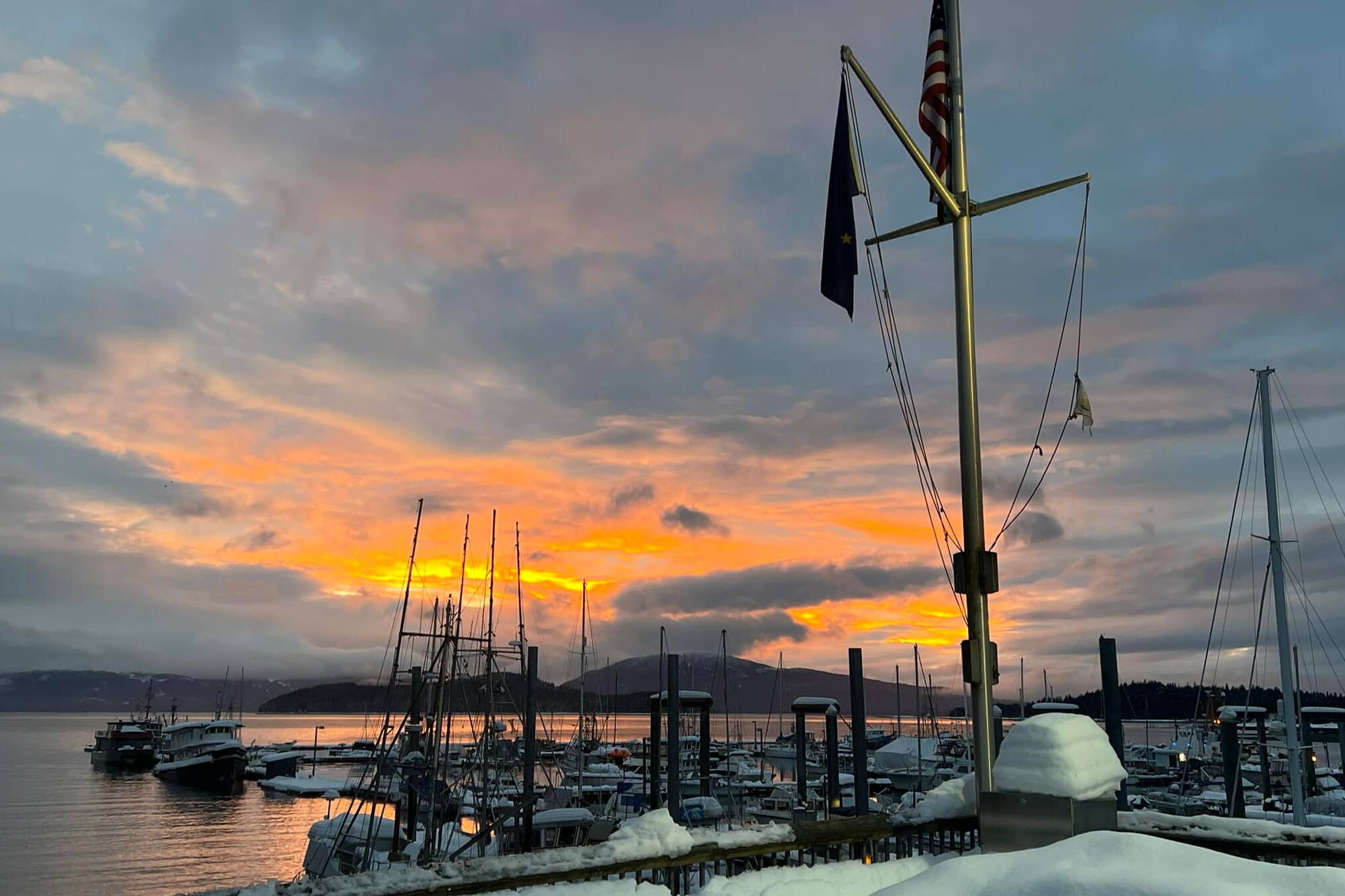Increases in the state’s minimum wage, local harbor fees and amount of local sales tax that can be collected for a single purchase are among changes in local and state laws taking effect Jan 1.
The state will also begin issuing free trapping licenses to disabled military veterans — via a bill last session by state Sen. Jesse Kiehl of Juneau that was signed into law by Gov. Mike Dunleavy — and free ID cards for prisoners upon their release.
Also, changes in state alcohol laws will allow taprooms at breweries and distilleries to stay open until 9 p.m. instead of 8 p.m., and host a limited number of live events per year.
Only a couple of changes are occurring at the municipal level on New Year’s Day since many ordinances passed by the Juneau Assembly take effect within a specific timeframe, such as 30 or 90 days after they’re passed, City Clerk Beth McEwen said Friday. Also, changes in fees for some other local services, including water utility and parking rates, occur at the beginning of the city’s fiscal year on July 1.
The most contentious local change will be a 9% increase in most docks and harbors fees, which the Assembly approved by a 5-4 vote in October following an intense months-long debate. Supporters, including the City and Borough of Juneau Docks and Harbors Board, cited a need for essential infrastructure improvements, while arguments by opponents included the hardships incurred by fishers making meager incomes and liveaboards who may no longer be able to afford to remain on their vessels.
The increase applies to more than two dozen fees including resident surcharge rates, launch rates, parking rates and daily shore power fees. One exception to the increase is monthly moorage fees, which will be phased in with a 3% increase during the next three years, a recommendation made by the Docks and Harbors Board “because the moorage fee affects nearly all harbor users,” according to a summary of the proposed regulations.
Another local change that will affect sellers and purchasers of high-price items is an upward adjustment in the CBJ sales tax cap, meaning taxes can only be collected for the first $14,300 of a single item or service, compared to the previous limit of $12,800.
“Previous transactions subject to the tax cap would have resulted in sales tax collected of $640,” a summary of the change published at the city’s website notes.” With this increase, the amount of sales tax to be collected on a ‘capped’ single item or single service is now $715.”
Statewide, the minimum wage will increase to $11.73, up from $10.85, to comply with a ballot initiative passed by voters in 2014 requiring the wage to keep up with inflation, according to the state Department of Labor and Workforce Development. Department leaders have stated it appears relatively few employees make minimum wage, especially with an ongoing workforce shortage affecting most occupations.
A current job posting for the McDonald’s in Juneau offers a “starting rate up to $18/hr depending on availability.”
Also affected will be salaried employees exempt from the minimum wage and overtime requirements.
“Bona fide executive, administrative, or professional employees, must maintain a salary that is equivalent to two times the minimum wage for the first 40 hour(s) worked in a work week,” a department explanation of the law states. “Meaning the minimum salary for these workers will increase from $868.00/week or $45,136.00/year in 2023, to $938.40/week or $48,796.80/year effective January 1, 2024.”
A proposed ballot measure for the 2024 election is seeking to raise the state’s minimum wage to $13 in July 2025, $14 in July 2026 and $15 in July 2027, with annual increases for inflation in subsequent years.
The new law giving disabled veterans and members of the Alaska National Guard free lifetime trapping licenses, in addition to free hunting and fishing licenses they already receive, unanimously passed the Alaska Legislature during this year’s session.
A bill requiring the state Department of Corrections to issue identification cards to all people leaving prisons and jails also passed the Legislature unanimously. Corrections officials who supported the change said 15% of inmates currently don’t have IDs when they’re released, due to reasons such as losing them or having them expire.
Advocates said official IDs are crucial for just-released prisoners seeking everything from employment to housing.
The changes affecting taprooms are part of a bill passed by the Legislature in 2022, following a decade-long debate about the state’s alcohol laws, which gave regulators 18 months to draft language implementing its provisions. Among other changes in the bill — which got support from both industry and public health groups — are mandatory beer keg registrations, increased regulation of internet sales, and additional enforcement provisions related to overserving adults or serving minors.
Also taking effect on New Year’s Day will be SB80, which essentially is a technical cleanup bill introduced annually by the Legislative Council. It modifies two sections of code, for example, to state “alcoholic beverages” instead of “alcohol,” and substitutes “kindergarten” for the abbreviation “K” in another statute.
“Its purpose is to clean up the statutes, without making any policy changes,” state Sen. Elvi Gray-Jackson, an Anchorage Democrat who chairs the council, wrote in a sponsor statement. “Some sections amend provisions that have become obsolete due to other legislative action. Some sections correct drafting errors or oversights in previous legislation.”
• Contact Mark Sabbatini at mark.sabbatini@juneauempire.com or (907) 957-2306.

